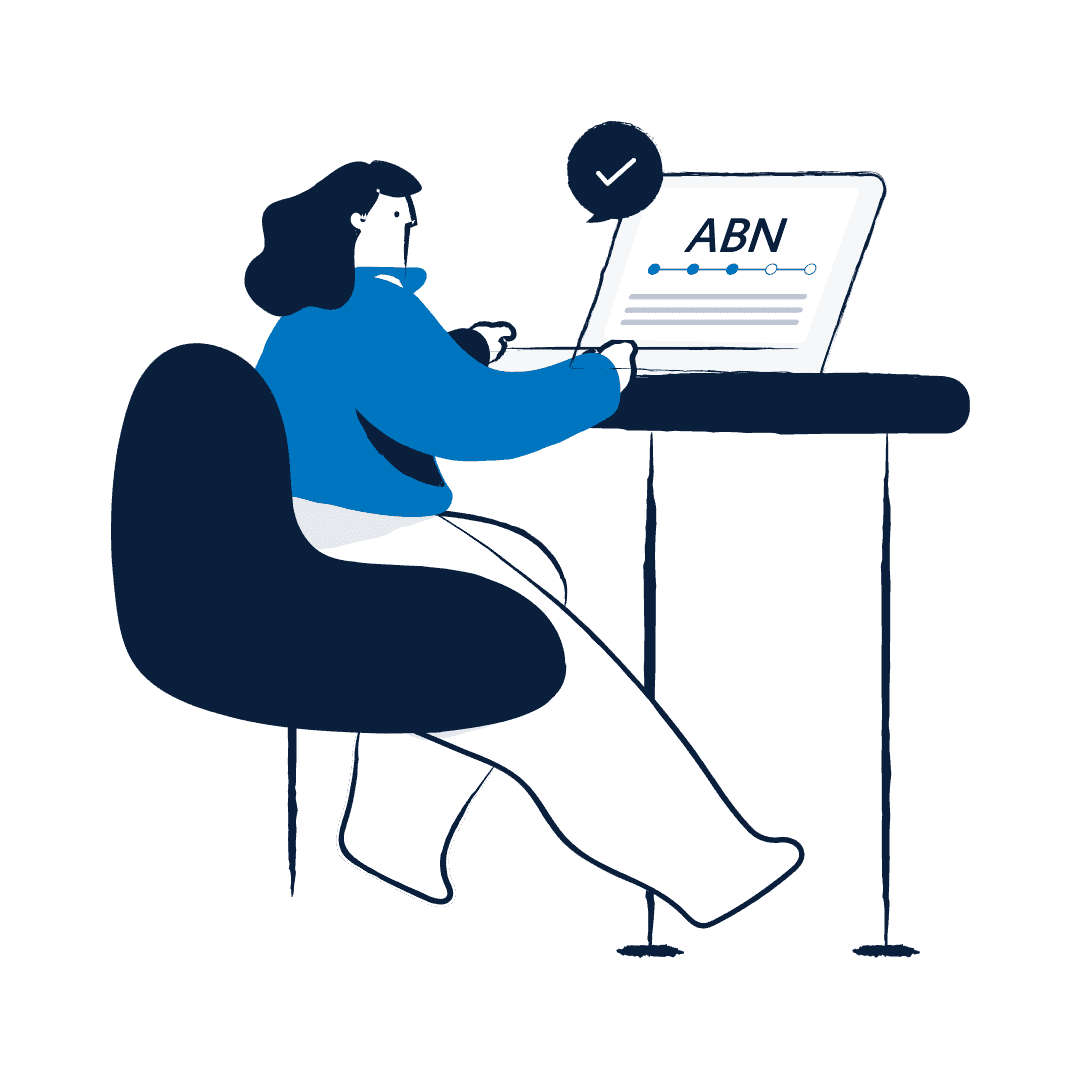The rules and regulations that relate to trading shares on the stock market are complex. It is important to know, as someone who wants to trade shares, what you can or cannot do. When it comes to whether or not you require an ABN, it depends on the nature of your activity. This distinction also has implications for the tax treatment of shares. This article will explain the difference between holding shares as an investor and carrying on a business as a share trader.
Nature and purpose of activity
A shareholder is someone who holds shares for the purpose of earning income from dividends or similar products. A share trader is a person who carries out business activities for the purpose of earning income from buying and selling shares. This distinction is one of the reasons why you may require an ABN or not.
Therefore a person who invests in in shares as a shareholder does so with the intention of earning income, but not carrying on with business activities. It is important for you to consider your intentions when trading shares, but also the context behind your decision to trade. Think about the details of how you decided to trade shares in the first place, and if there is a business plan of how you will trade. For example, a business plan may show things like:
- an analysis of potential investments
- analysis of current markets and industries
- research relating to when or where profits may be generated
- a decision-making calculus behind when to hold or sell shares

Start your ABN application in minutes!
Need an Australian Business Number to start a casual job? We've got you covered.
Repetition, volume and regularity
The repetition, volume and regularity of your trades also has a bearing upon classification. The frequency by which you make transactions is often a strong indicator of whether you are conducting business activities. A higher frequency of making trades is a hallmark characteristic of a business.
Additionally, the greater the volume of your purchases and sales of shares, the more likely it is you are conducting a business. Finally, if your trading has a particular method which is consistently utilised it could be considered a business like activity.
Administrative and organisational practices
The administrative and organisational practices which you conduct when trading shares has an impact on how your activity is characterised. For example, a standard share-trading business will involve studies of short-term and long-term trends. Other practices such as, analysing company prospectuses, producing annual reports and seeking advice from experts also factor into consideration. Inversely, a failure to keep records of purchases and sales of shares would make it difficult for your activities to be considered business-like. Finally, your qualifications, expertise, training or skills relating to trading shares are relevant to whether your activities constitute a business.
Capital Expenditure
Contrary to what you may have previously believed, the amount of capital invested does not play a decisive role in whether you require an ABN. Therefore it is possible to be investing small amounts of money while still carrying out business activities. And conversely, you may be investing large amounts of money and not be considered a share trader.
Conclusion
When trading shares, it is vital to understand if you require an ABN or not. In order to do this, you must know whether your activities are considered business-like or not. This article has explained this distinction by running through the different criterion which will be considered. If you are still unsure of your legal obligations, or need any assistance with procuring an ABN we recommend that you consult with one of our expert lawyers at Lawpath.

Get a fixed-fee quote from Australia's largest lawyer marketplace.






